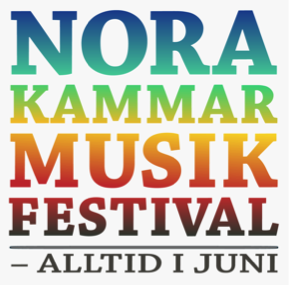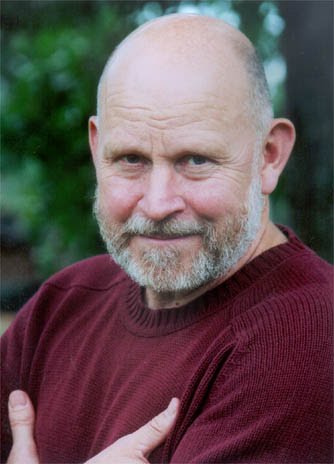Den lettiske kompositören Pēteris Vasks´ musik förknippas ofta med hans fosterlands kamp för oberoende. En av hans mest kända verk, symfonin Voices som komponerades 1990-1991, speglar symboliskt och historiskt i hög grad Lettlands slutliga steg mot frihet.
Vasks gripande komposition som har djupa rötter i Lettlands rika folkmusiktradition inbjuder lyssnaren till ett kretslopp. Kretsloppet inleds med den tidlösa skönheten i naturens röster som stiger fram ur tystnaden, övergår i en förtvivlans kakofoni och återvänder sedan till tystnadens lugn. Musikkritiker jämför gärna Vasks inspiration av hemlandet och hans konstnärliga skuld med Witold Lutoslawski, men framhåller också hans originalitet, hans karaktäristiska själfullhet och melodiska subtiliteter, liksom hans mångsidiga känslouttryck. Detta sammantaget gör Vasks till en av Europas stora kompositörer.
Vasks, som är född 1946, studerade kontrabas vid Litauens statliga konservatorium mellan 1964 och 1970 och arbetade som orkestermusiker under 1960- och 70-talen. Han studerade komposition för Valentinus Utkins vid Lettlands statliga konservatorium i Riga där han tog examen 1978. Vasks, som arbetat som kompositör sedan slutet av 1970-talet, har utvecklat en originell musikalisk stil, som har beskrivits som andlig, utmanande kraftfull och mycket uttrycksfull. Vasks samtliga verk präglas av den tragiska tudelningen mellan humanistiska ideal, som symboliseras av naturens oändlighet och de historiska realiteterna i form av våld och förtvivlan. Vasks undervisar i komposition vid Emil Darzins Musikskola i Riga. På hans verklista återfinns bl.a. Cantabile (1979), Musica Dolorosa för stråkorkester (1983) och Lauda för orkester (1986).
Ur Artist Biography av Zoran Minderovic
Översättning Ingar Gadd
The music of Latvian composer Pēteris Vasks is often associated with his country’s struggle for independence. Indeed, one of his best-known works, the symphony Voices composed in 1990-1991, symbolically and historically reflects Latvia’s final steps to freedom.
Deeply rooted in the rich folk tradition of Latvia, Vasks’ haunting composition invites the listener on a cyclical journey from the timeless beauty of nature’s voices emerging from silence to the heartrending cacophony of despair and back to the tranquility of silence. Critics who discuss Vasks in the context of his Latvian inspiration and artistic debt to Witold Lutoslawski nevertheless acknowledge his originality, his characteristic soulfulness, and melodic subtlety, as well as a universality of expression that identifies Vasks as a major European composer. Born in 1946, Vasks, who studied the double bass at the Lithuanian State Conservatory from 1964 to 1970, worked as an orchestra musician in the 1960s and 1970s. Vasksstudied composition with Valentinus Utkins, at the Latvian State Conservatory in Riga, graduating in 1978. Working as a composer since the late ’70s, Vasks has forged an original musical style, which commentators have described as spiritual, powerfully evocative, and richly expressive. Vasks’ entire oeuvre is informed by the tragic dichotomy between humanistic ideals, symbolized by the vastness of nature and the historical realities of violence and despair. Vasks teaches composition at the Emil Darzins Music School in Riga. His works include Cantabile (1979), Musica Dolorosa for string orchestra (1983), and Lauda (1986), for orchestra.
Artist Biography by Zoran Minderovic

